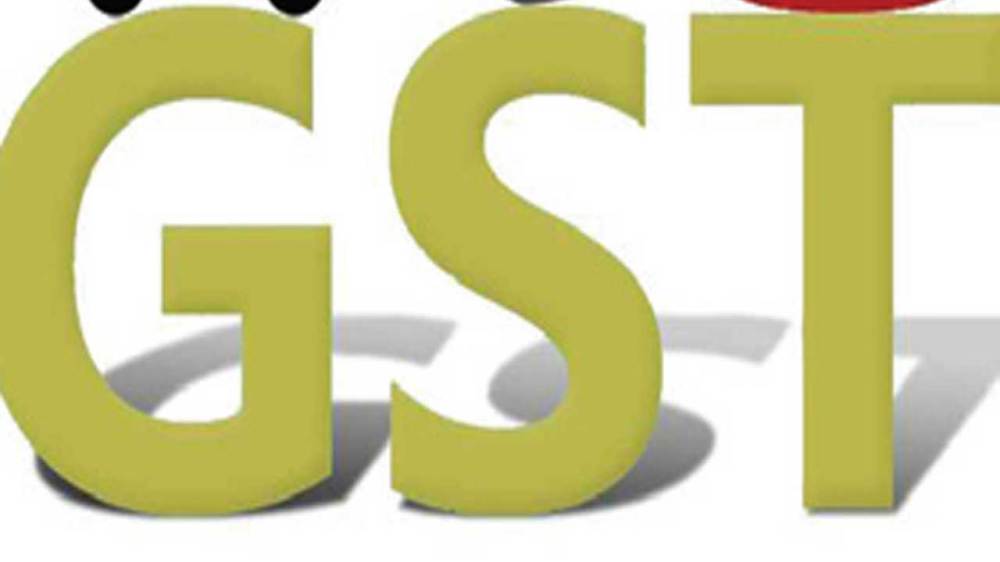
According to the Tobacco Institute of India, when the government loses Rs 21,000 crore every year from illicit cigarette trade, the GACT Council has for the first time decided to track and trace a product to curb this illegal activity. To curb GST evasion of cigarettes, its trade can be monitored through software. That means cigarettes could be the first product on which the track and trace system will be implemented. The GST Council on December 21 paved the way for the implementation of track and trace mechanism on cigarettes. This means that the condition of cigarettes will be monitored through software throughout the supply chain. After cigarettes, this decision can also be applicable to Panmasala. However, the final decision on this entire incident is awaited.
This system of track and trace will be based on unique identification marking. This special kind of marking will be done on the item or its packet. Which will provide a legal framework to develop systems like track and trace and help in implementing such systems to monitor the supply chain of a particular commodity. According to experts, the risk of GST evasion is highest in the tobacco industry. Because, there are many policy leakages in its trading.
Legislative amendment to the Central GST Act will empower the government to introduce a track and trace mechanism to prevent GST evasion on goods Tobacco industry shows high leakages, around nine crore illegally traded cigarettes last year The value of which was seized was estimated at Rs 180 crore.
According to the Tobacco Institute of India, the government suffers a loss of Rs 21,000 crore every year due to illegal cigarette trade.
With the decision of GST Council, it will now become cheaper for the common man to buy an old car.
Ahmedabad: Buying a second hand car can be more affordable for common people. Since, on December 21, the GST Council has maintained the GST rate at 12 percent on the purchase and sale of old cars for personal use. But it has been announced to increase the GST rate to 18 per cent on second-hand cars purchased by trading companies and the value representing the supplier’s margin. This means that due to increase in GST rate, old cars will become expensive for businessmen. In such a situation, purchasing of second hand cars from them may reduce. As a result, the supply of second-hand cars in the market may reduce the prices of used cars. Therefore, it may be cheaper for the common man to buy a second-hand car, said experts while reviewing the decision of the GST Council. It was said that the same decision will also apply to electric vehicles.
It is noteworthy that India has a second-hand car market worth $32 billion. If we look at the latest figures, the market of used cars in the country has increased more than the market of new cars. The committee that decides GST rates on various goods has decided to increase the GST rate on used cars from 12 percent to 18 percent. But along with this it was made clear that GST will be levied at the previous rate of 12 percent on the purchase and sale of different second hand cars. The 18 per cent GST will be applicable only on second-hand car deals for commercial purposes and on the car supplier’s margin price, the difference between the purchase price and selling price of the car at the dealer from which the car is purchased. GST will be levied on this rate.
 look news india
look news india

